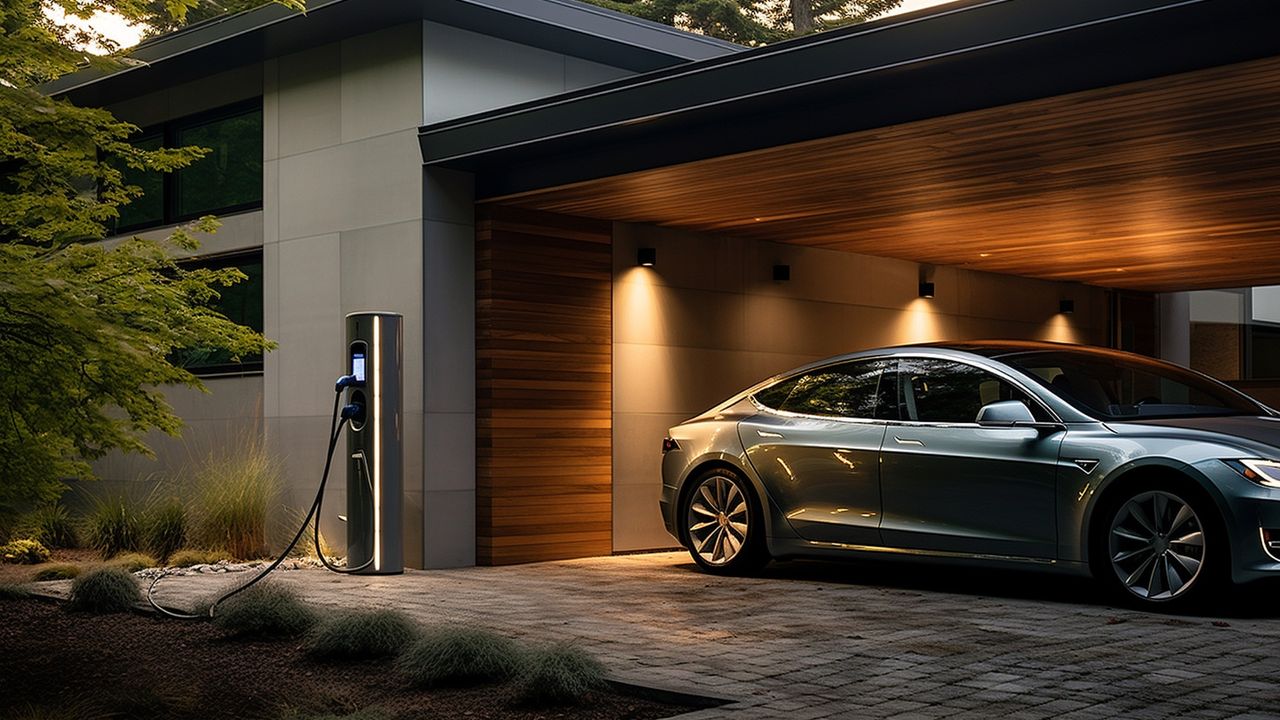Advantages of Electric Cars over Internal Combustion Engine Vehicles
Electric cars have been gaining popularity in recent years, and for good reason. With advancements in technology and a growing concern for the environment, more and more people are turning to electric vehicles as a cost-effective and eco-friendly alternative to traditional internal combustion engine vehicles. In this article, we will explore the advantages of electric cars, including their cost-effectiveness, reduced pollution, and potential for savings.
Cost-effectiveness
One of the primary advantages of electric cars is their cost-effectiveness. While the upfront cost of an electric vehicle may be higher than that of a traditional car, the long-term savings can be significant. Electric cars have lower operating costs, as they require less maintenance and have fewer moving parts compared to internal combustion engine vehicles. With fewer components to repair or replace, electric car owners can save money on maintenance and repairs over the lifetime of the vehicle.
In addition to lower maintenance costs, electric cars also offer savings in terms of fuel expenses. Electric vehicles are powered by electricity, which is generally cheaper than gasoline or diesel. Charging an electric car at home can be significantly cheaper than filling up a gas tank, especially as electricity prices continue to remain stable while gasoline prices fluctuate. This cost advantage can lead to substantial savings over time, particularly for those who drive long distances or have a lengthy commute.
Reduced Pollution
Another significant advantage of electric cars is their reduced impact on the environment. Unlike internal combustion engine vehicles, electric cars produce zero tailpipe emissions. This means that they do not emit harmful pollutants such as carbon dioxide, nitrogen oxides, or particulate matter that contribute to air pollution and climate change.
By choosing an electric car, individuals can actively contribute to reducing air pollution and improving air quality in their communities. This is especially important in urban areas where air pollution from vehicles is a major concern. Electric cars also help to reduce noise pollution as they operate more quietly than traditional vehicles, creating a more peaceful and pleasant environment for both drivers and pedestrians.
Savings
Electric cars not only offer cost savings in terms of maintenance and fuel expenses but also provide opportunities for additional savings. Many countries and regions offer incentives and subsidies to encourage the adoption of electric vehicles. These incentives can include tax credits, rebates, or reduced registration fees, making electric cars more affordable for consumers.
Furthermore, electric cars are eligible for lower or even zero road tax in some areas. This can result in significant savings over the lifetime of the vehicle. Additionally, some employers offer workplace charging stations, allowing electric car owners to charge their vehicles for free or at a reduced cost during working hours.
Moreover, as technology continues to advance, the cost of electric vehicles is expected to decrease, making them even more accessible to a wider range of consumers. The growing demand for electric cars also drives innovation, leading to the development of more efficient batteries and increased driving range, further enhancing the appeal and practicality of electric vehicles.
Conclusion
Electric cars offer numerous advantages over internal combustion engine vehicles, including cost-effectiveness, reduced pollution, and potential savings. As technology continues to improve and infrastructure for electric vehicles expands, the adoption of electric cars is likely to increase. By choosing electric cars, individuals can not only save money but also contribute to a cleaner and more sustainable future.
